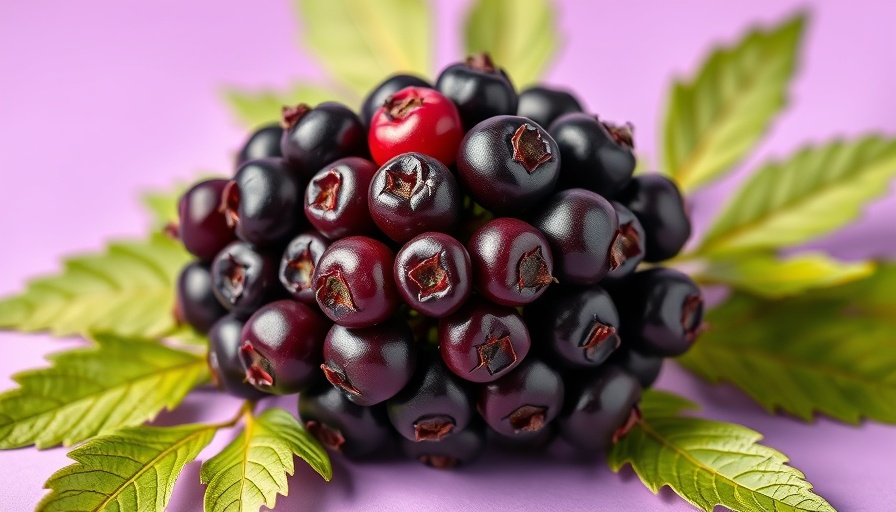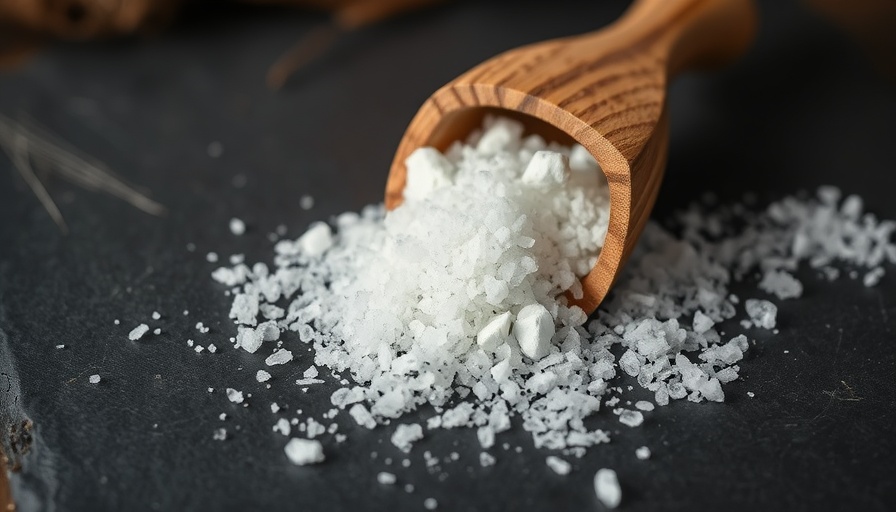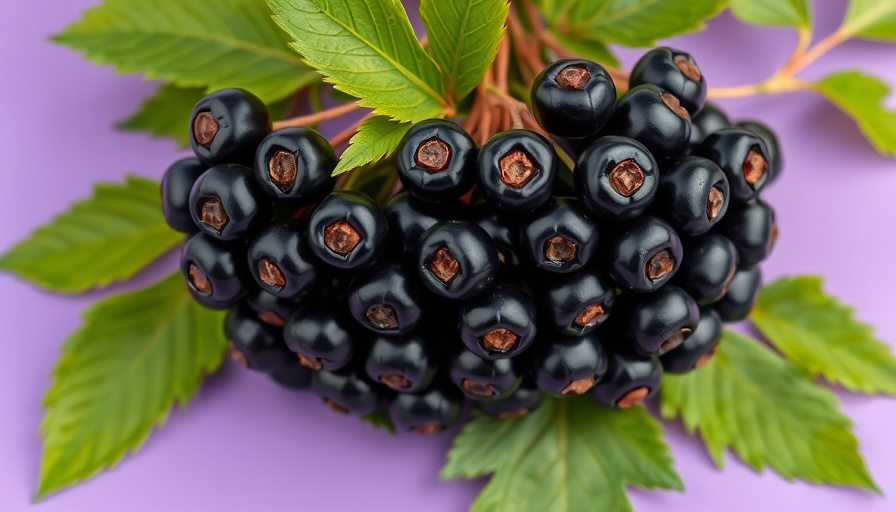
The struggle against seasonal illnesses
Every winter, millions of people battle the flu and common colds. The frustration is palpable as families juggle school and work while attempting to ward off these pesky viruses. As mandated vaccinations continue to roll out, a growing number of individuals are questioning the efficacy of traditional flu shots compared to natural remedies like elderberry, echinacea, and cranberries.
Flu shots: the recommended path
The CDC recommends that everyone six months and older receive a flu shot annually. Ideally, it should be done by the end of October to maximize efficacy. But let’s face it: the effectiveness of these vaccines can often feel underwhelming. Estimates suggest that they reduce the risk of contracting the flu by about 40 to 50 percent. For older adults, the benefits are even more critical due to their higher baseline risk.
Natural alternatives: elderberry extract
Switching gears to elderberry supplements reveals a promising avenue. Elderberry extracts have shown capabilities in lab settings, inhibiting flu viruses and stimulating immune responses. A landmark study from the 1990s highlights that those taking elderberry were significantly more likely to recover sooner than those on placebos. Even here, there are caveats: while elderberry shows benefits in symptom severity and duration, it’s vital to view these results with a critical lens, especially as studies are often funded by companies with a stake in the effectiveness of the products.
This skeptics' perspective on echinacea
Echinacea has been a staple in the natural remedy arsenal for years, but the science is murkier. Individual studies often showcase minor improvements in symptom scores but lack the decisive statistical significance necessary to declare it a definitive benefit. Despite this, when pooling various studies together, an approximate 20 percent decrease in cold incidence is noted. Skeptics point toward potential issues of bias and missing reports that could skew the overall picture.
Cranberries: not just for urinary health
When it comes to cranberries, the narrative often focuses on their benefits for urinary tract health. However, they too may have a place in the discussion against colds and the flu. These resilient berries are loaded with antioxidants. While their direct impact on illness isn’t as clear-cut as elderberry or echinacea, incorporating cranberries into your routine could support overall health and immunity.
The importance of being informed
It's crucial to arm yourself with knowledge. While conventional flu shots are recommended and can be lifesaving, there's no one-size-fits-all solution in the fight against seasonal ails. Exploring alternatives like elderberry, echinacea, and cranberries can offer distinct avenues of support. However, consumers must navigate the landscape with a discerning eye. Understanding the nuances, potential biases, and limitations of available research is paramount.
The future of health choices
Choices about health management are personal. The rise of integrative health practices blurs the lines between traditional and alternative medicine. There’s an opportunity here for individuals to self-educate and assess their health-enhancement strategies critically. Could combining natural remedies with vaccinations create a more robust defense? We still have much to explore, but this hybrid approach may be where we find answers.
Tools, techniques, and resources for wellness
For anyone looking to optimize their immune systems, several resources are available. Look into reputable studies, assess clinical trials, and weigh the credibility of the sources behind various supplements. Evaluate your nutritional intake—certain food choices, such as whole grains, lean proteins, and colorful fruits and vegetables, can naturally enhance immunity.
The human aspect: personal experiences
There’s a palpable sense of urgency for many who have witnessed family and friends suffer from the cold or flu. Sharing experiences could foster a community rich in support and. Don't hesitate to rely on anecdotal evidence as a catalyst for exploring new ways to embrace health. By connecting with others who have navigated similar paths, you might uncover practices that resonate.
 Add Row
Add Row  Add
Add 




 Add Row
Add Row  Add
Add 

Write A Comment